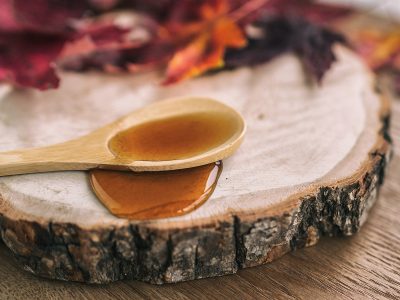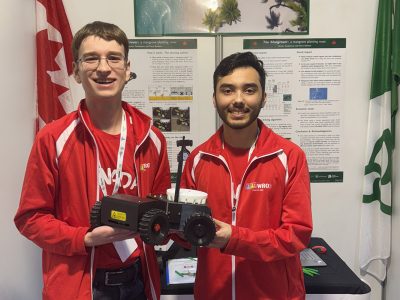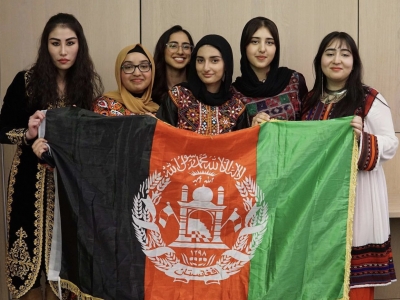By Elizabeth Kane
Convocation is a time for the Carleton University community to come together to honour the dedication and achievements of the Class of 2025 as they receive their degrees.
From June 16 to 20, campus will be filled with family and friends cheering on their loved ones as they celebrate years of academic dedication.
Every student’s journey at Carleton is unique. Below we share the stories of five graduating Ravens as they reflect on their time at the university.

Kayla Young, Bachelor of Commerce
As a middle-schooler living in the Greater Toronto Area, Kayla Young determined that she wanted to pursue a career in accounting while working on a school project envisioning her life at 30.
“I was really drawn to accounting because it combined my interests in math, business and social impact,” says Young.
“After touring the campus and speaking with upper-year students and professors, I knew Carleton was the perfect place to grow and explore those interests.”
Realizing that goal, Young is now graduating with a Bachelor of Commerce, concentrating in Accounting with a stream in Sustainability.
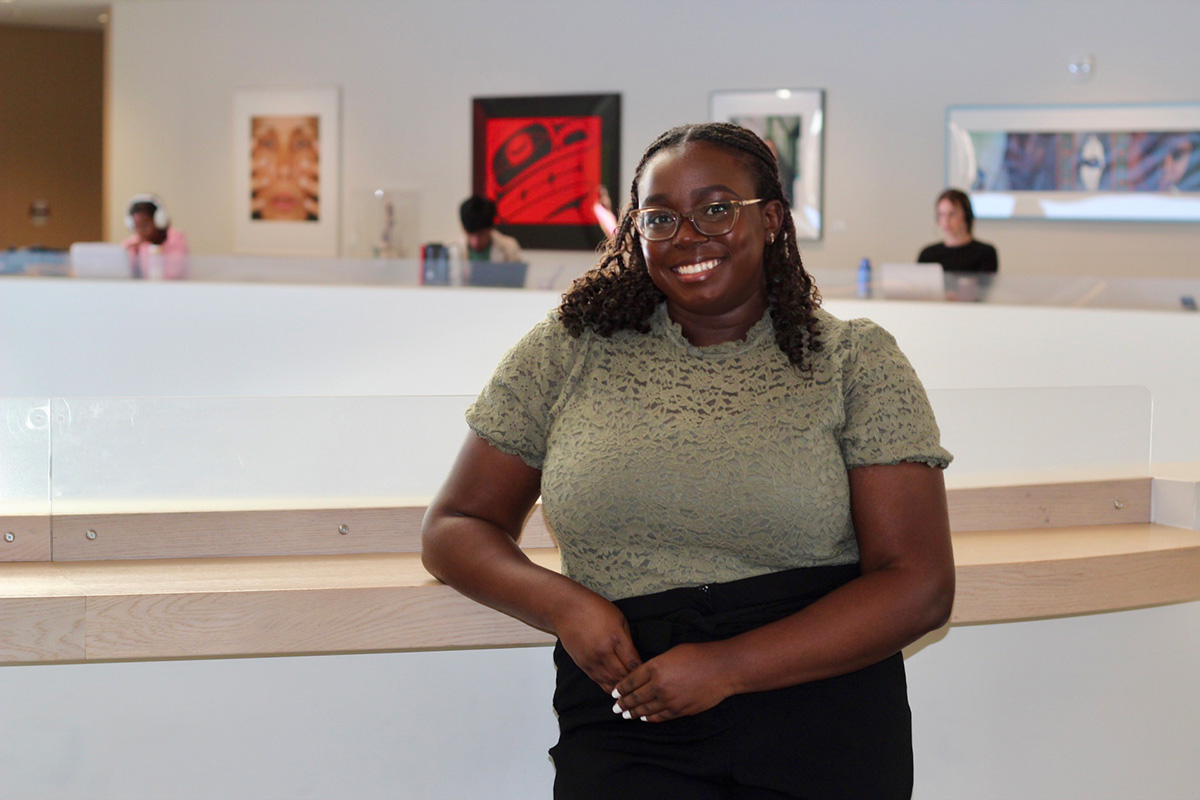
Kayla Young
As co-president of the Sprott Social Impact Club, she worked with her team to organize a virtual conference that featured a case competition and networking opportunities for business students.
“We brought in business leaders from different fields that aligned with all the concentrations in Sprott,” says Young.
“They highlighted how to integrate sustainability and good business into a career.”
Her passion for social impact also extended to roles in the Sprott Sustainability Champions Action Group and her involvement in an Enactus project supporting local, socially responsible businesses.
Working as a teaching assistant and peer facilitator, she helped her fellow students succeed in their studies.
“It was a really rewarding experience,” she says. “It was a great opportunity to connect with different people and see how I could serve as a leader.”
Looking ahead, Young will be working towards her Master of Accounting degree and pursuing a CPA designation.
Young’s advice to students is to make connections and use the many resources available.
“Carleton is a very supportive community,” she says.
“The staff, faculty and your peers all genuinely want to see you thrive — all you have to do is reach out and take advantage of that support.”
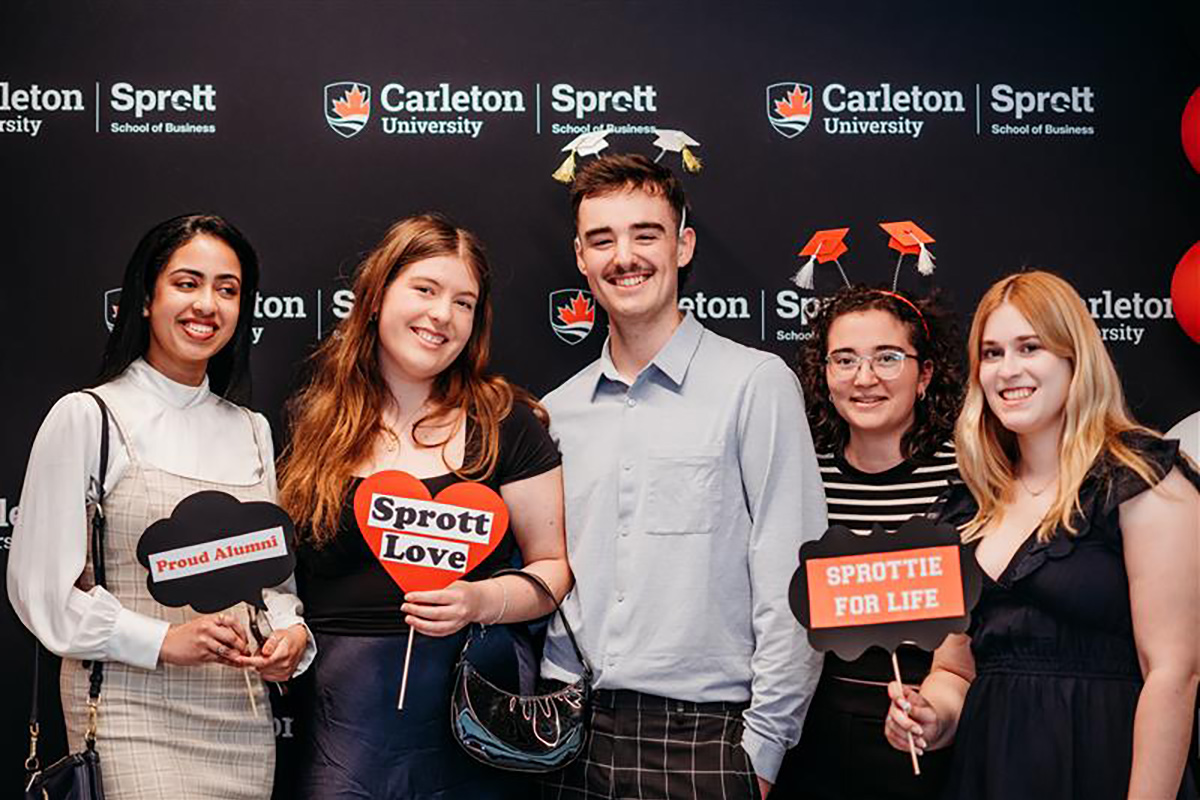
Lu Chen, Master of Social Work
Lu Chen was working at a seniors’ centre, helping to supervise social work students completing their practicums, when her supervisor suggested that she apply to become a social worker herself.
She enrolled in Carleton’s Bachelor of Social Work program, initially focusing on frontline service. However, inspired by the research opportunities the program provided, she discovered her passion for policy and began her Master of Social Work.
Chen’s research examined the working conditions at culturally-specific long-term care homes in Ontario.
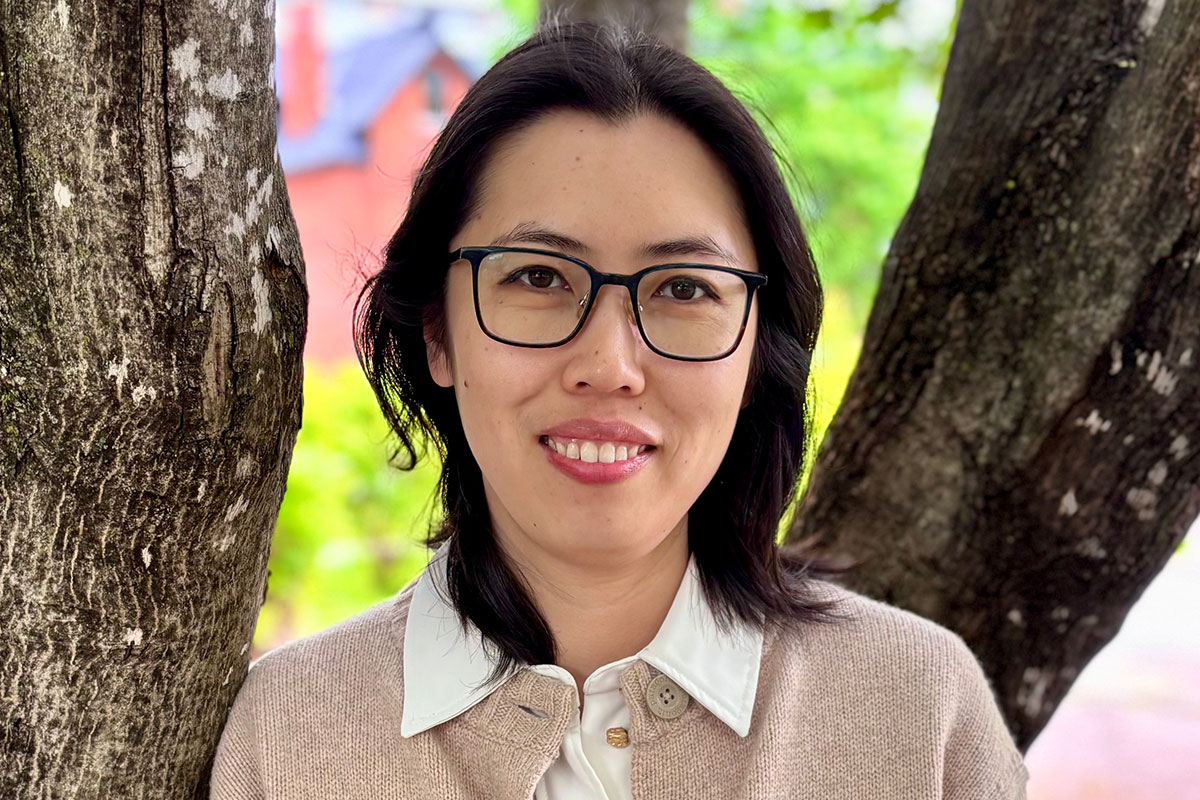
Lu Chen
“Looking at existing literature, a lot of the focus is on mainstream long-term care homes,” she says.
“As a Chinese immigrant, I wanted to see the conditions and leadership of homes delivering culturally-specific care.”
Looking back at her time at Carleton, Chen values the direction she received from faculty as she pursued her research — such as submitting her thesis abstract to the Canadian Association of Gerontology.
“The faculty members really encouraged me,” she says. “They had confidence in me and what I could do. Building these connections has allowed me to go farther in my career.”
Following graduation, Chen intends to take some time before potentially returning to academia to pursue a PhD.
She advises future students to establish connections when they come to campus.
“Relationship building is very important,” she says.
“We can’t do everything by ourselves, so reach out to people you feel comfortable with.”
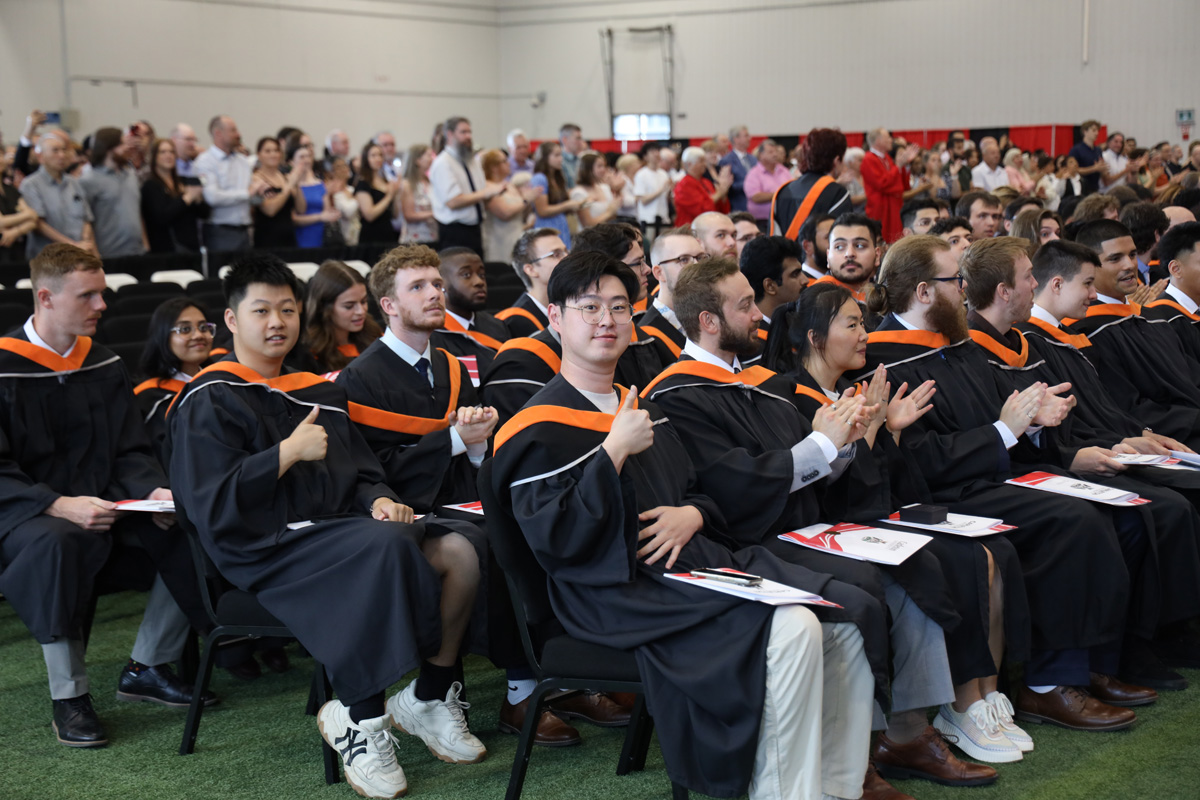
Declan McCloskey, Bachelor of Engineering, Aerospace
Growing up, Declan McCloskey’s passion for space was sparked by his experience in the Cadet Program and reading Chris Hadfield’s book An Astronaut’s Guide to Life on Earth. To help him achieve his dream of becoming an astronaut, he turned to Carleton’s Aerospace Engineering program.
During his time at Carleton, McCloskey took part in an engineering program in the Austrian Alps to develop an interplanetary satellite mission for the European Space Agency. The program used a concurrent engineering approach for spacecraft design — bringing together individuals from a variety of disciplines to simultaneously craft solutions to project challenges.
“We were a group of about 15 or so bachelors, master’s and PhD students from all over Europe,” says McCloskey, who was the sole Canadian participant.
“We designed a mission proposal for a spacecraft to explore Saturn and then one of its moons.”
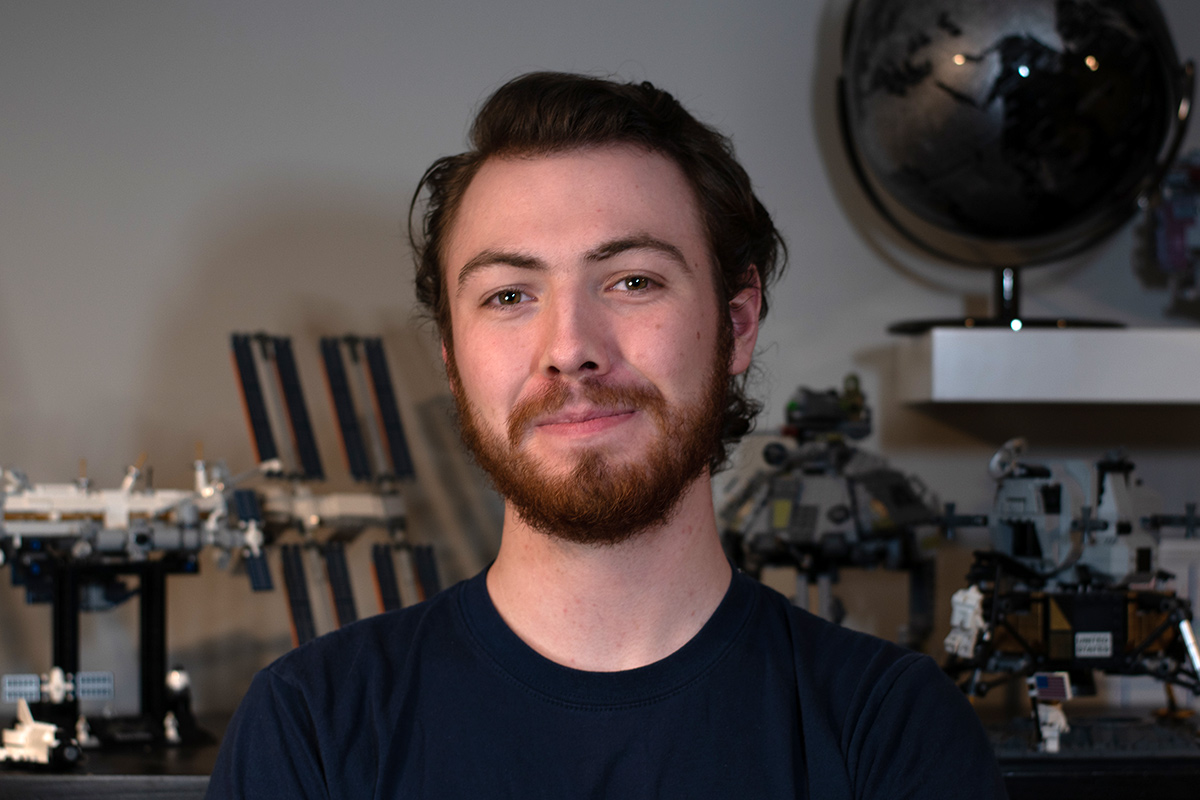
Declan McCloskey
McCloskey brought his experience back to Carleton, working with the student group CU on Orbit for a weekend concurrent design project for a spacecraft mission.
McCloskey also took part in co-op placements with the Canadian Space Agency (CSA) and a private satellite engineering firm. At CSA, he worked on the Arctic Observation Mission.
“The project was still in the proposal phase, so as a student I got to contribute to design recommendations for the final satellite, which was very cool.”
His undergrad now complete, McClosky will continue his studies at Carleton in a Master of Applied Science with the Spacecraft Robotics and Control Laboratory.
McCloskey advises future Ravens to apply to all opportunities that interest them.
“The reason that I’ve been able to do these things is because I have a habit of throwing my name out at almost everything that that comes into my path,” he says.
“Putting yourself out there is important.”
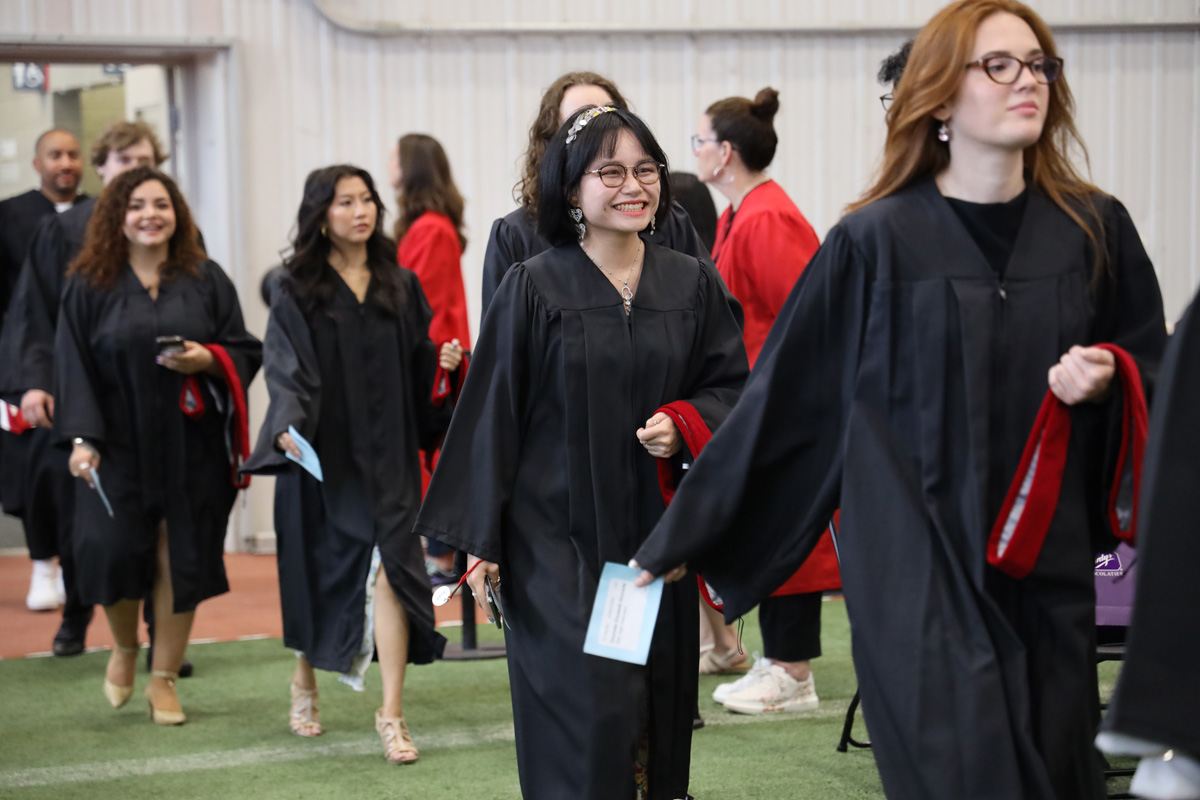
Leah Marshall, Bachelor of Cognitive Science
When exploring universities to attend for her undergraduate degree, Leah Marshall was drawn to Carleton’s Department of Cognitive Science.
“Carleton has dedicated Cognitive Science professors and a course structure that brings everything together,” she says.
“I thought that was amazing.”
Marshall became very involved in the Math Lab. She also worked closely with the lab’s director, Prof. Jo-Anne LeFevre, when completing her thesis.
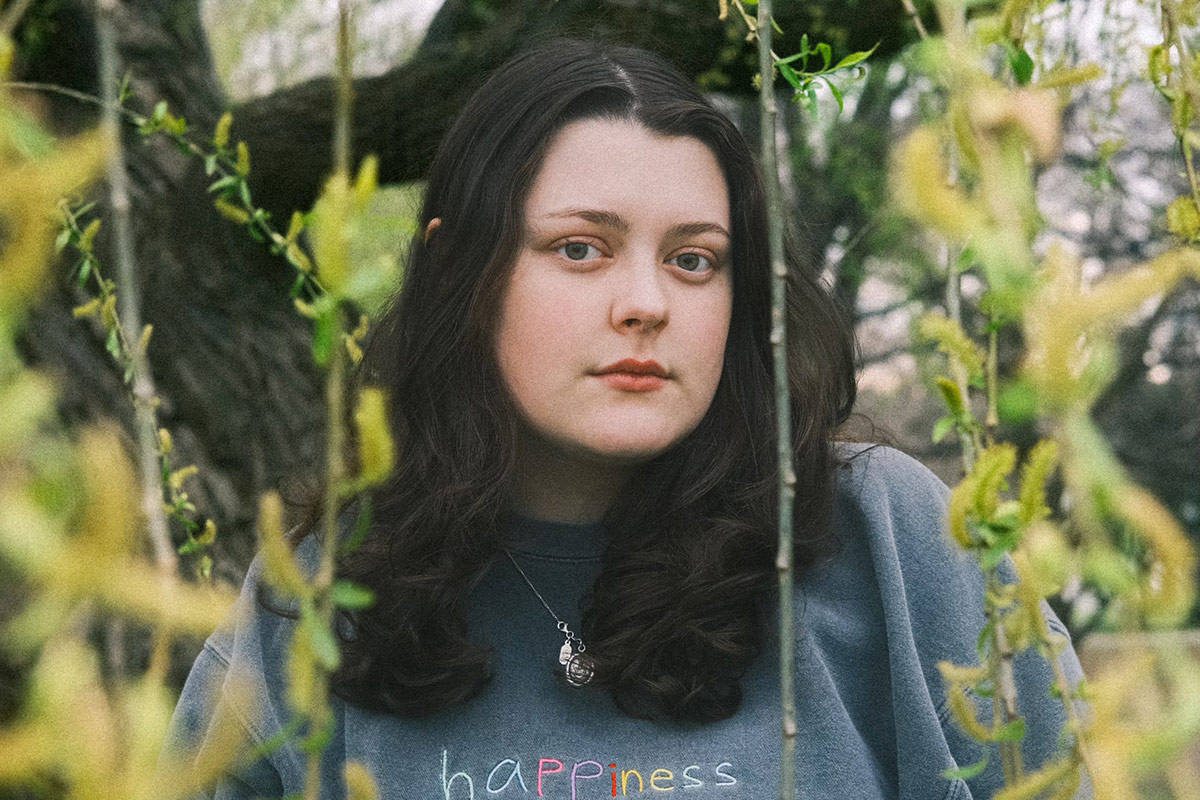
Leah Marshall
Marshall’s research explored how children aged two to four understand numbers, including digits, quantities and finger patterns. To collect her data, she worked with preschools and early childhood resource centres.
“Finger patterns seemed really special in the world of numbers and there’s not a lot of information on them,” says Marshall. “My research found that children were more familiar with finger patterns than any other representation of numbers.”
Beyond the classroom, Marshall has taken an active role in building the cognitive science community, co-leading the department’s spring conference.
The supportive environment the university provides was important to her.
“I’ve never felt like I couldn’t do something or that I couldn’t be involved,” she says.
“I’ve always felt like my professors believe I’m capable of whatever I want to do, which is an amazing feeling.”
Following convocation, Marshall plans to continue her research in a master’s program at Carleton. Drawing on her own experience, she encourages future Ravens to get the most out of their degrees by getting involved.
“Once I started getting involved, it just changed everything,” says Marshall. “I felt so much more connected to the school and it made everything so enjoyable.”
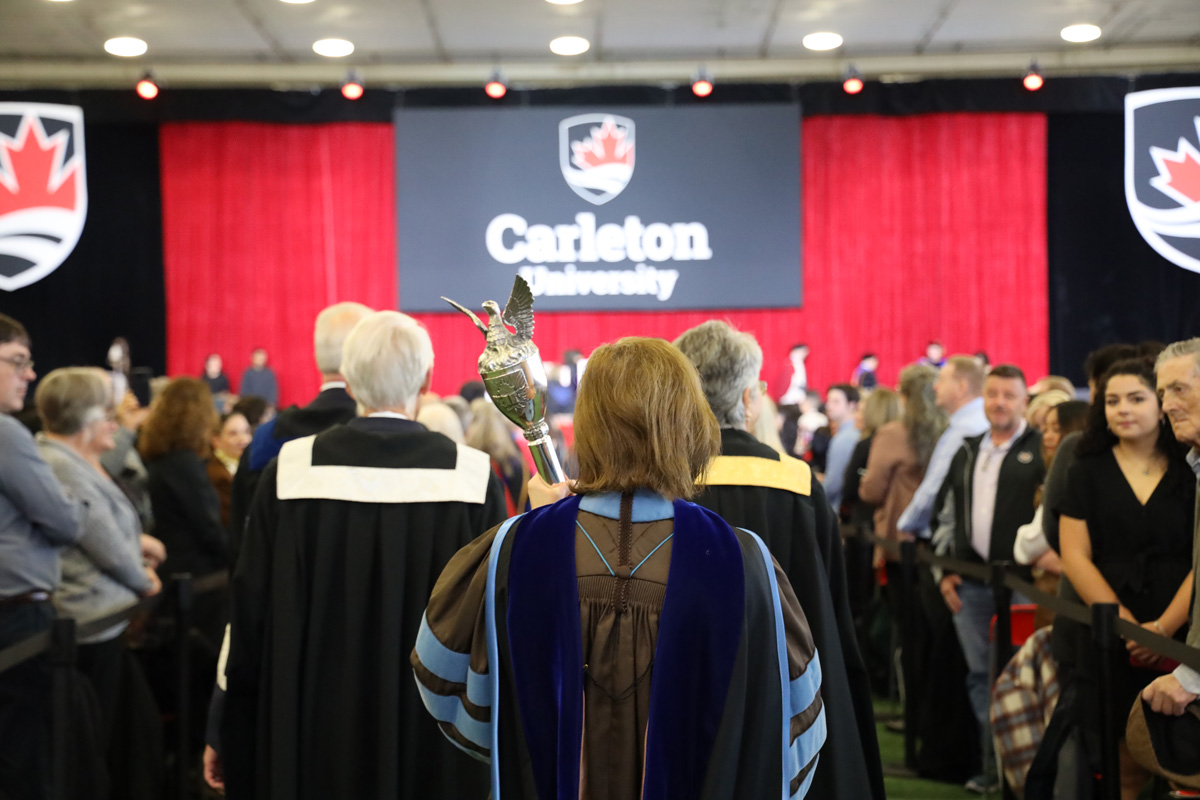
Matthew Bacic, Bachelor of Science, Neuroscience and Mental Health
After hearing great things about the university from a family member, Matthew Bacic came to Carleton to pursue his undergrad. Passionate about healthcare and interested in the workings of the human brain, Bacic enrolled in the Neuroscience program. The variety of areas of study and an opportunity to explore how the mind functions appealed to him.
“The classes were fascinating,” he says.
“It changed the way I thought about how the brain and body work together.”
Outside of class, Bacic made a major contribution to the campus community by volunteering with the Carleton University Student Emergency Response Team (CUSERT), which provides on-call emergency response 24 hours a day.
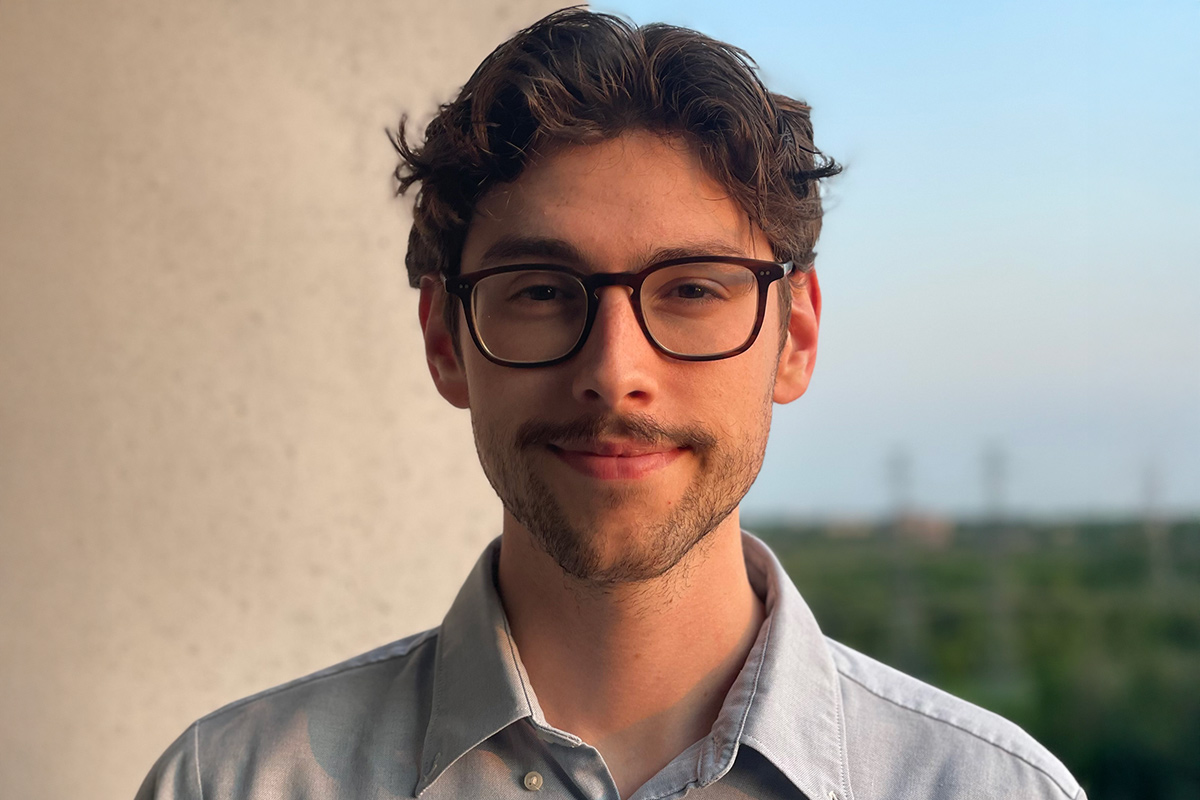
Matthew Bacic
“I’ve found that volunteering and giving back to the Carleton community has been really enriching,” says Bacic.
“This was a fantastic way to get involved in an area that I was passionate about.”
Bacic became a leader on the team, taking charge of training the next generation of CUSERT responders. He balanced his extracurricular commitments with school work and paid research opportunities with faculty members.
His dedication to CUSERT was recognized this year with the university’s Service Excellence Award, an honour that’s normally bestowed on faculty and staff.
“I worked with an amazing group of individuals over the last few years on CUSERT. It was a lot of fun, but it also took a lot of sacrifice,” he says. “Being recognized for the work I did was very special and reflects not only my efforts, but also the countless hours put in by all of our responders.”
With his undergrad complete, Bacic will be conducting research on Parkinson’s disease with Prof. Natalina Salmaso this summer before moving on to medical school.
His advice to future Ravens is to talk to their professors.
“Carleton is a large enough university that there are lots of programs and resources, but it’s still small enough to provide the opportunity to build connections with professors,” he says.
“They are an incredible resource.”
Wednesday, June 4, 2025 in Convocation, Convocation 2025, Grad Stories, Sprott School of Business
Share: Twitter, Facebook

